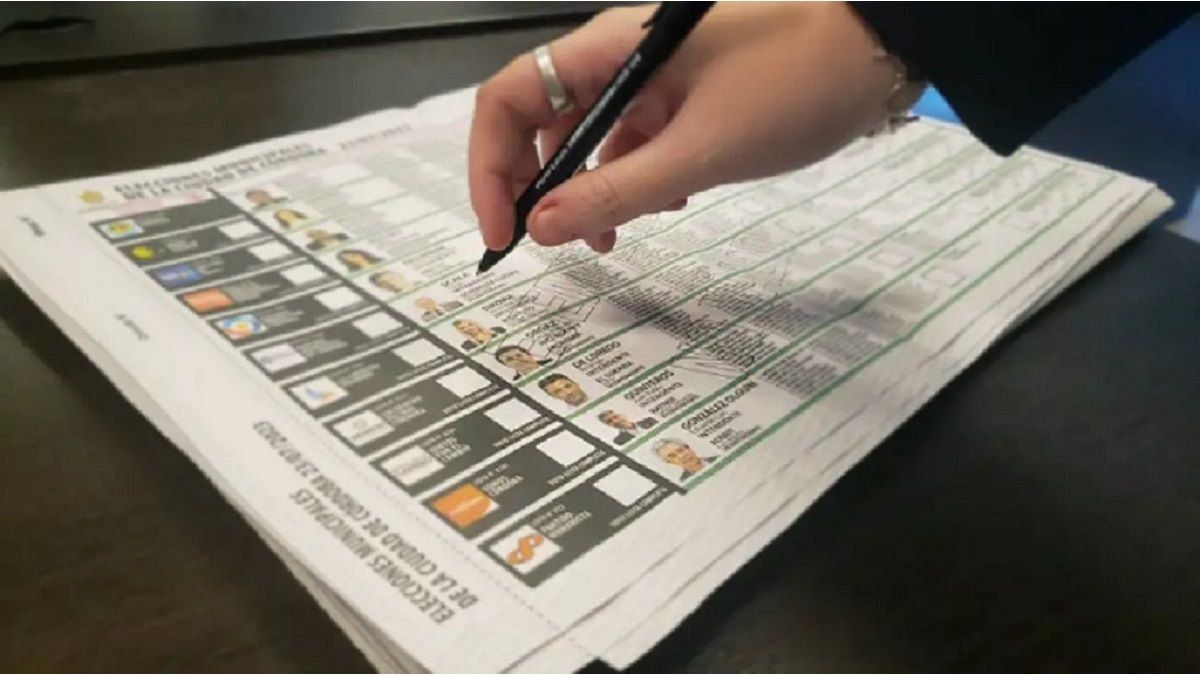I am a 24-year-old writer and journalist who has been working in the news industry for the past two years. I write primarily about market news, so if you’re looking for insights into what’s going on in the stock market or economic indicators, you’ve come to the right place. I also dabble in writing articles on lifestyle trends and pop culture news.
Menu
TV: “Place of carelessness”: What makes the TV garden special?
Categories
Most Read
“Blue Panther” 2025: Lavinia Wilson shines in a glitter ensemble
October 22, 2025
No Comments
Kim Kardashian and Teyana Taylor: In a dark partner look for the London premiere
October 22, 2025
No Comments
Improcrash celebrates two decades with a special function at the ND Ateneo
October 22, 2025
No Comments
The most viewed Argentine film on Netflix: a dramatic comedy based on a controversial real case
October 22, 2025
No Comments
“Avatar: Fire and Ash”: Miley Cyrus writes “Avatar” song: “personally affected”
October 22, 2025
No Comments
Latest Posts

The German Chancellor’s strong statements about immigrants: Ask your daughters
October 23, 2025
No Comments
October 22, 2025 – 22:34 The German president generated controversy after an intervention in Parliament where he appealed to fear and public safety to talk

Private deposits in dollars exceeded US$35 billion and set a new record since 2001
October 23, 2025
No Comments
October 22, 2025 – 22:30 In the last 30 days, dollar deposits rose almost US$2.9 billion, according to official data from the Central Bank as

Electoral impact on the Stock Market: the scenarios that the market handles for stocks and sovereign bonds
October 23, 2025
No Comments
A few days before the national legislative elections, the local financial market is preparing for a scenario of high sensitivity and volatility, where Argentine bonds
24 Hours Worlds is a comprehensive source of instant world current affairs, offering up-to-the-minute coverage of breaking news and events from around the globe. With a team of experienced journalists and experts on hand 24/7.

